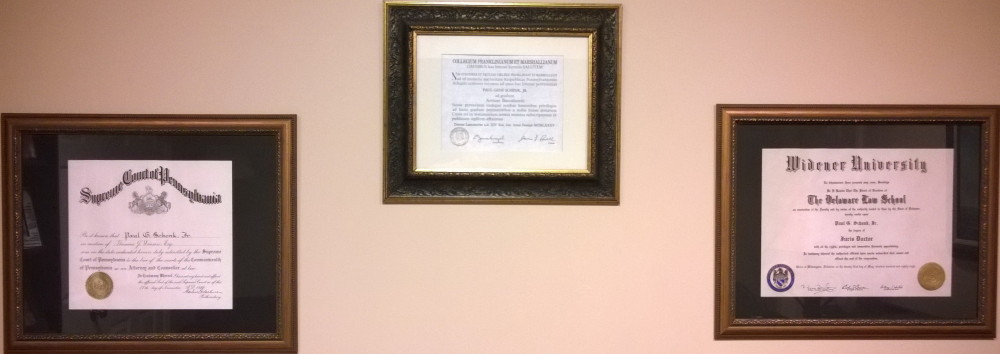THE FOLLOWING STUDY ARTICLE IS INTENDED TO SUPPORT AWARENESS . IT IS NOT LEGAL ADVICE. IF THE READER SEEKS LEGAL ADVICE CONCERNING HIS OR HER PARTICULAR SITUATION, HE OR SHE SHOULD SEEK OUT AN ATTORNEY IN A LAWYER CLIENT RELATIONSHIP.
Although the following code sections under The Pennsylvania Code concerning domiciliary care services for adults deal with a domiciliary care service program administrated by an Area Agency on Aging under the Pennsylvania Department of Aging , the principles within the sections can be very helpful to individuals who simply wish to know a when and a why to offer their own domiciliary care to an elderly relative or friend .
See 6 Pa. Code § 21.21 (Eligibility for domiciliary care service. )
(a) To receive domiciliary care service, the applicant shall meet the following criteria ….
(2) Be independently mobile or semimobile.
(3) Not require skilled or intermediate nursing care, or general or special hospital care on a 24-hour residential basis.
(4) Have no relative, or other person whose relationship with the applicant is important to the applicant’s continued well-being, that is willing or able to provide the necessary support for independent living.
(5) Be incapable of living alone regardless of available services, or require services to live alone and the services are not available.
(b) An applicant shall meet one or more of the following criteria:
(1) Have demonstrated difficulties in accomplishing activities of daily living, such as purchasing and preparing meals, bathing and grooming, housekeeping and laundry, financial management and taking medication in proper doses at proper times, to an extent which prevents independent living in the community.
(2) Have demonstrated difficulties in social or personal adjustment, usually associated with mental disability, as demonstrated by reduced, lost or nondeveloped capabilities for developing and maintaining appropriate personal relationships, dealing constructively with others, and maintaining or attaining a maximum level of functioning.
(3) Have demonstrated difficulties resulting from disabilities, such as blindness, deafness, amputation, paralysis or birth defects, if the individual is independently mobile or semimobile.
See 6 Pa. Code § 21.2 ( Definitions.)
Independently mobile—An individual who is physically and mentally capable of vacating the home without the assistance of another person in the case of an emergency. The term includes a person capable of ascending or descending stairs unassisted, if necessary, to vacate the home in which the person is residing.
Semimobile—A client who is able to vacate the home with no more than verbal or minimal physical assistance. To be considered semimobile, a person shall be able to effectively operate a device required for moving from one place to another, be able to understand and carry out instructions for vacating the home and be able to ascend or descend stairs if present on the exit path. The term does not include a person who by reason of physical or mental disability or condition is unable to vacate the home in case of emergency without the continual physical assistance of another.
6 Pa. Code § 21.5 (Service goals)
The following are the goals of domiciliary care service:
(1) To provide supportive, homelike, community-based living arrangements for adults who cannot live independently in the community.
(2) To encourage and assist clients in developing and maintaining maximum initiative and self-determination in a homelike setting.
(3) To provide an alternative to institutionalization, and to help adults remain in the community or to return to the community and, if possible, to their own homes.
To See A Categorically Listed Archive Of Preliminary Legal Study Based Article Posts , See The Drop Down Box On This Page Or Click https://studypostlex.com/categorizedarchive/
